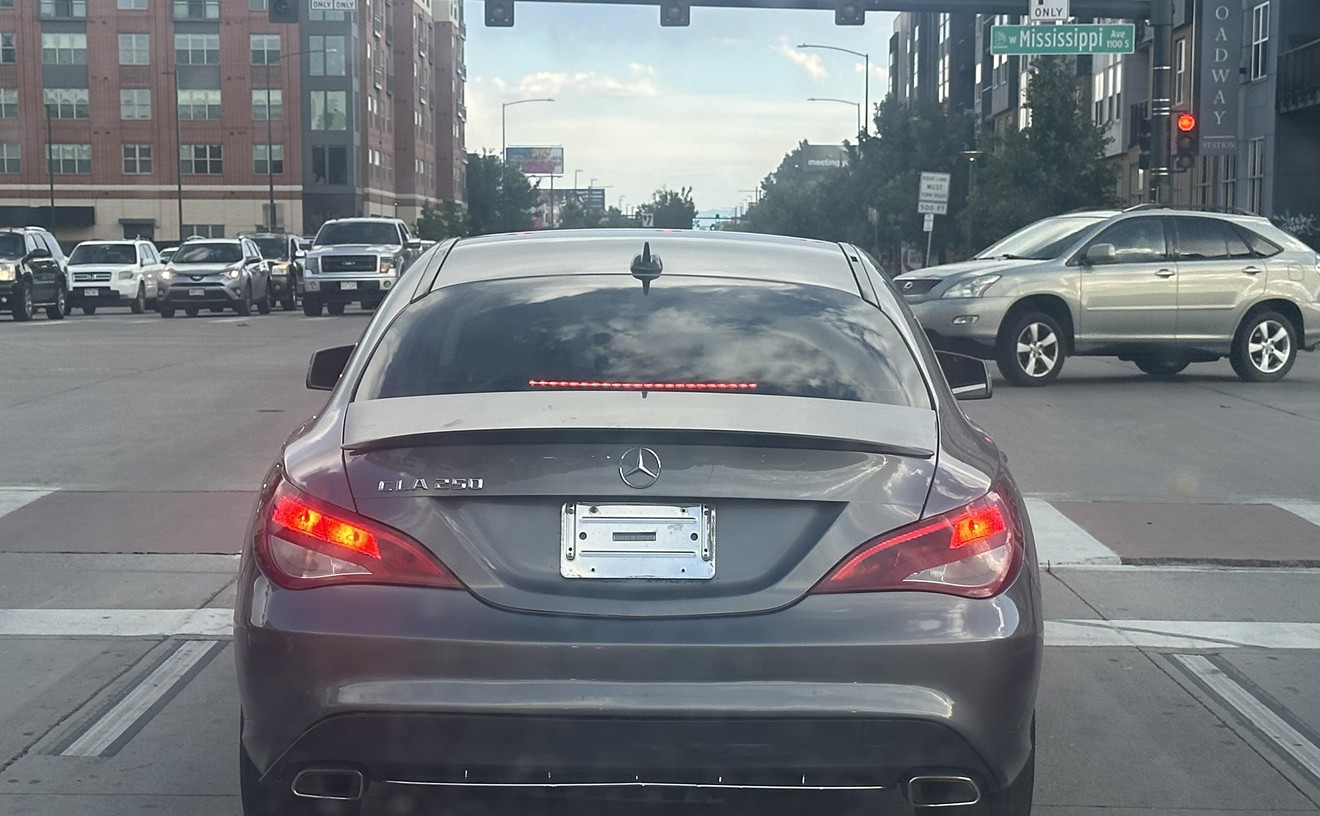According to a new report, transplants have a built-in advantage over locals in bidding-war scenarios.
Why? Because they have more money to spend.
The study by the real estate website Redfin found that out-of-towners — specifically, people who move to Colorado from other states for new jobs, new opportunities or lifestyle upgrades — often have larger budgets for big-ticket items such as houses because they earned higher salaries in their old hometowns and may have extra cash from selling their previous abodes.
The challenge is particularly acute in Denver, which had the eighth-largest disparity of spending power between transplants and locals of the major U.S. metros analyzed by Redfin. As of June, the site calculated the average maximum budget for home shoppers from Denver at $879,964, compared to $983,761 for out-of-staters moving here — a gap of 11.8 percent and nearly $100,000.
The disparity is much larger in some places, including Philadelphia, where transplants are calculated to have a 39.3 percent leg up on locals. But Denver residents still face major challenges from out-of-staters.
Of course, Denver attracts plenty of folks from in-state, too: An April study revealed that most people who've relocated to the Mile High City of late came from places such as Colorado Springs, Boulder, Fort Collins and Greeley. As for out-of-staters, this Redfin graphic shows that Los Angeles currently contributes the biggest portion of new arrivals, followed by greater San Francisco, Chicago, Boston and Washington, D.C.
Victoria Macaskill, an independent broker and co-owner of Denver Homes, who earlier provided Westword with eight tips to help first-time buyers win bidding wars, warns that cost hikes over recent years won't be easy for longtime Denver residents angling for a new home to overcome.
"Homebuyers are becoming more selective," Macaskill suggests. "There is more than double the available units for sale compared to a year ago. Updated homes in great locations are moving quickly. Homes that need work, or are situated on a busy street, or are overpriced or have floor-plan quirks are having more difficulties selling. It used to be that there was a premium on housing, regardless of the condition or location of the home. That’s no longer the case as the market normalizes. Buyers can be picky."
Macaskill adds: "Many new homebuyers are hoping that home prices will drop significantly to help ease affordability. The problem with this strategy is that prices would need to drop a whopping 32 percent in order for today’s buyer to have the same mortgage payment that a buyer in December was able to lock in. That’s a drop in median home price from $673,873 in June to $455,000."
Prices are indeed falling, but not by nearly that much. And those transplants keep coming.

Audio By Carbonatix
[
{
"name": "Air - MediumRectangle - Inline Content - Mobile Display Size",
"component": "12017618",
"insertPoint": "2",
"requiredCountToDisplay": "2",
"watchElement": ".fdn-content-body",
"astAdList": [
{
"adType": "rectangle",
"displayTargets": "mobile"
}
]
},{
"name": "Editor Picks",
"component": "17242653",
"insertPoint": "4",
"requiredCountToDisplay": "1",
"watchElement": ".fdn-content-body",
"astAdList": [
{
"adType": "rectangleLeft",
"displayTargets": "desktop|tablet"
},{
"adType": "rectangleRight",
"displayTargets": "desktop|tablet|mobile"
}
]
},{
"name": "Inline Links",
"component": "18838239",
"insertPoint": "8th",
"startingPoint": 8,
"requiredCountToDisplay": "7",
"maxInsertions": 25
},{
"name": "Air - MediumRectangle - Combo - Inline Content",
"component": "17261320",
"insertPoint": "8th",
"startingPoint": 8,
"requiredCountToDisplay": "7",
"maxInsertions": 25,
"watchElement": ".fdn-content-body",
"astAdList": [
{
"adType": "rectangleLeft",
"displayTargets": "desktop|tablet"
},{
"adType": "rectangleRight",
"displayTargets": "desktop|tablet|mobile"
}
]
},{
"name": "Inline Links",
"component": "18838239",
"insertPoint": "8th",
"startingPoint": 12,
"requiredCountToDisplay": "11",
"maxInsertions": 25
},{
"name": "Air - Leaderboard Tower - Combo - Inline Content",
"component": "17261321",
"insertPoint": "8th",
"startingPoint": 12,
"requiredCountToDisplay": "11",
"maxInsertions": 25,
"watchElement": ".fdn-content-body",
"astAdList": [
{
"adType": "leaderboardInlineContent",
"displayTargets": "desktop|tablet"
},{
"adType": "tower",
"displayTargets": "mobile"
}
]
}
]













